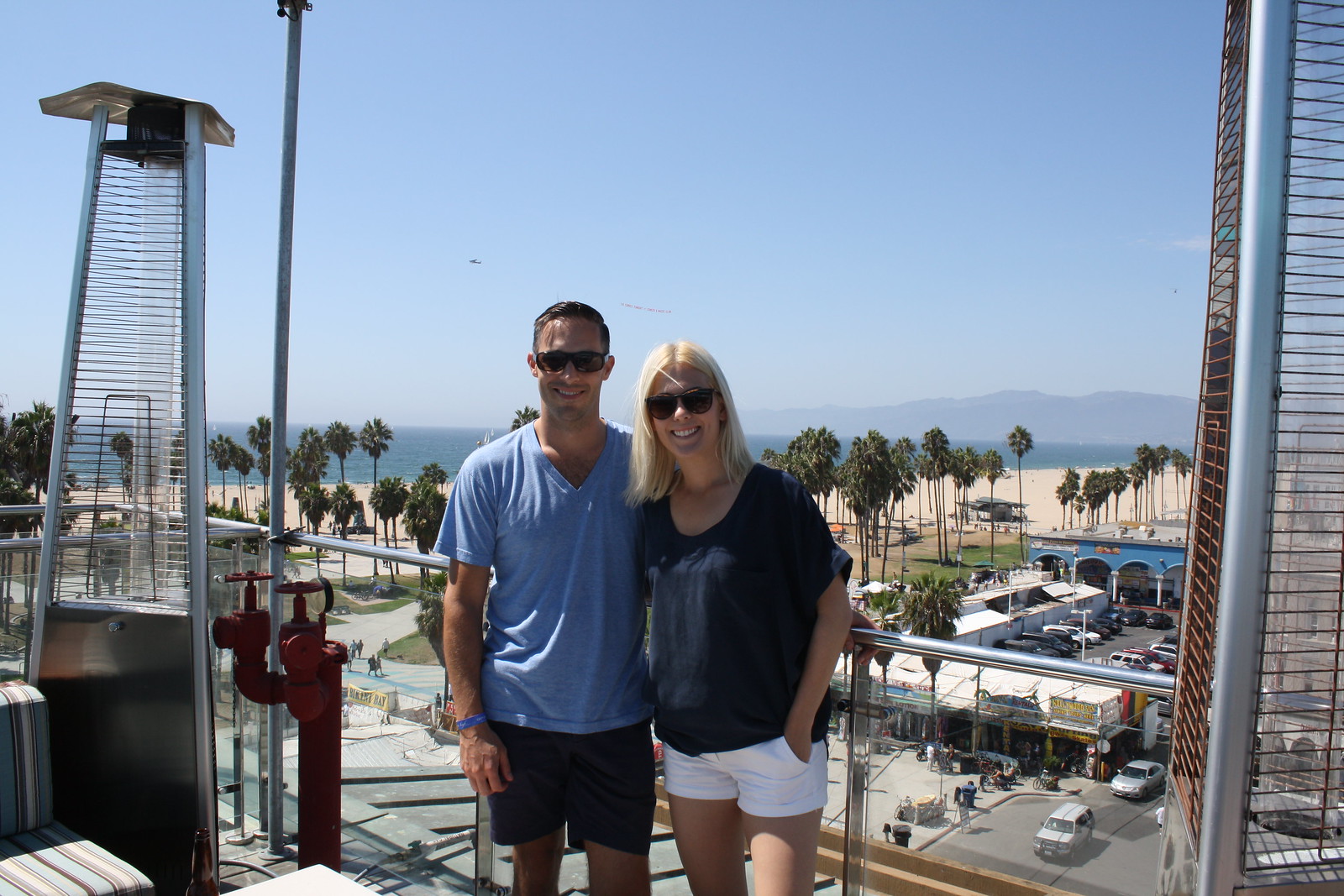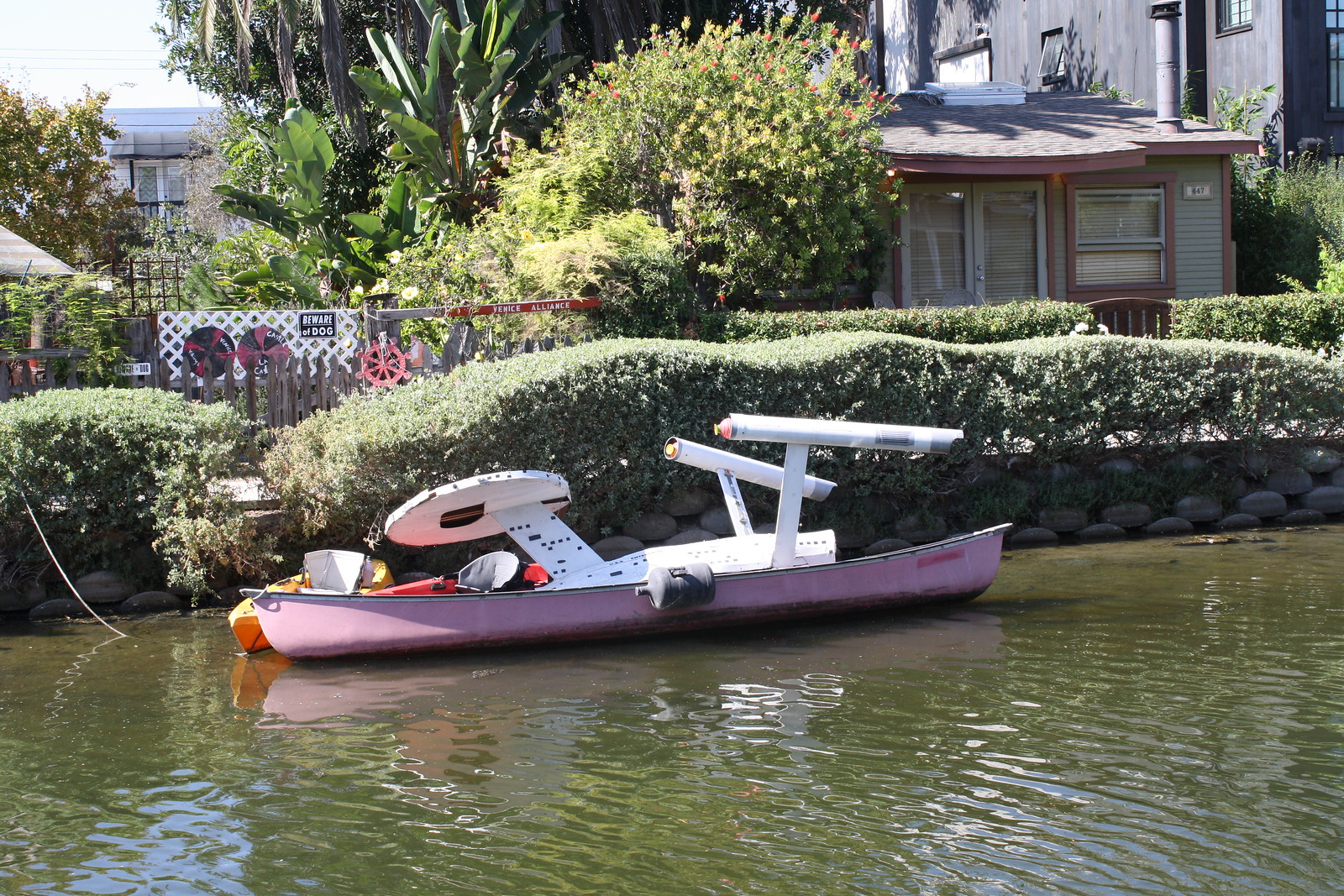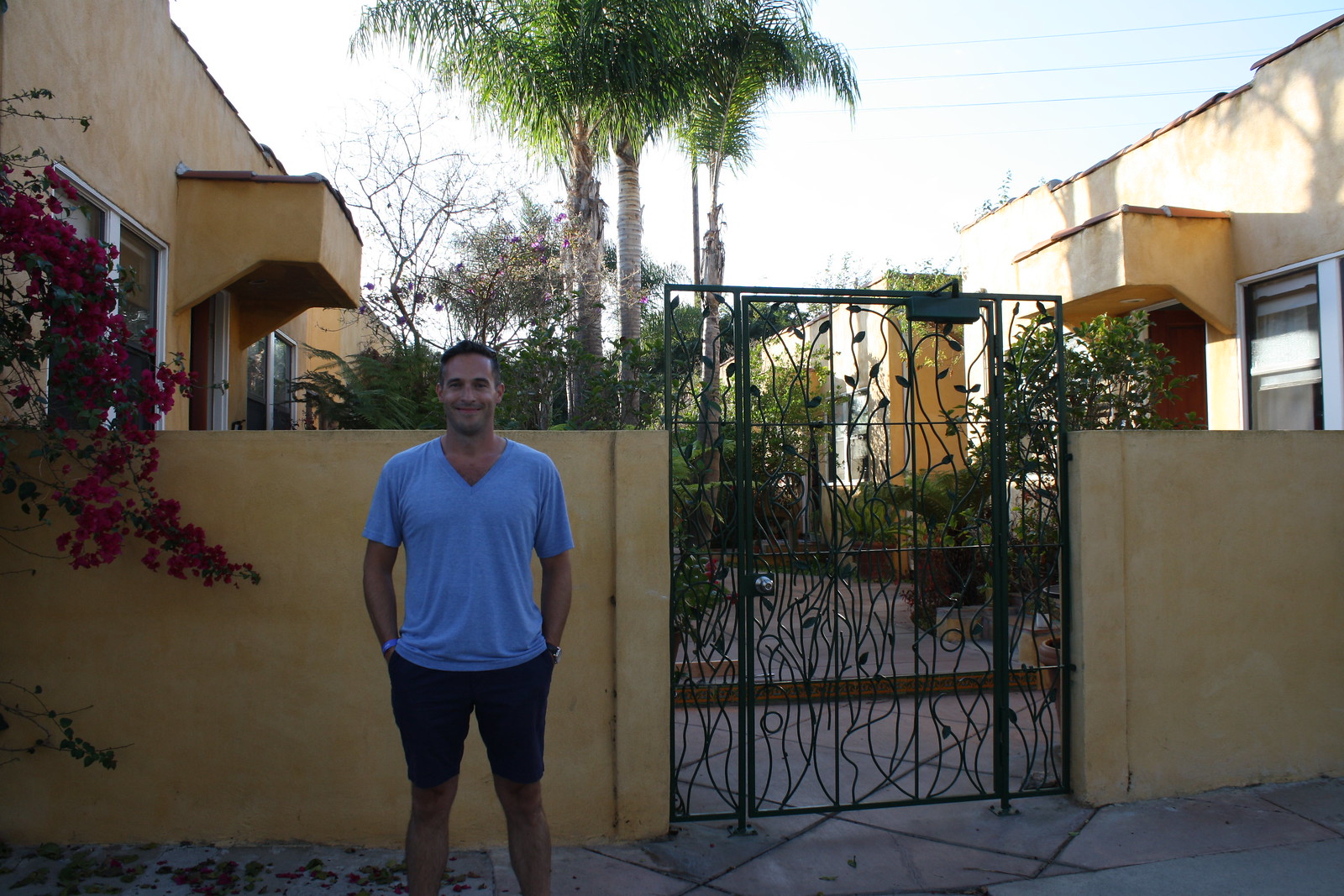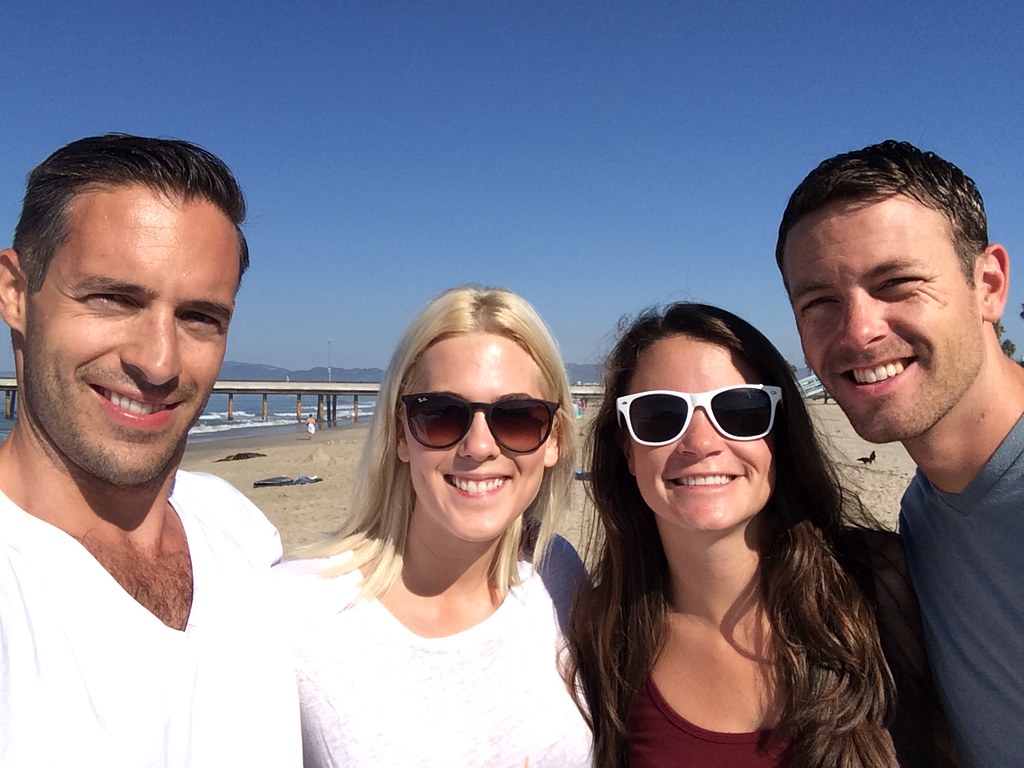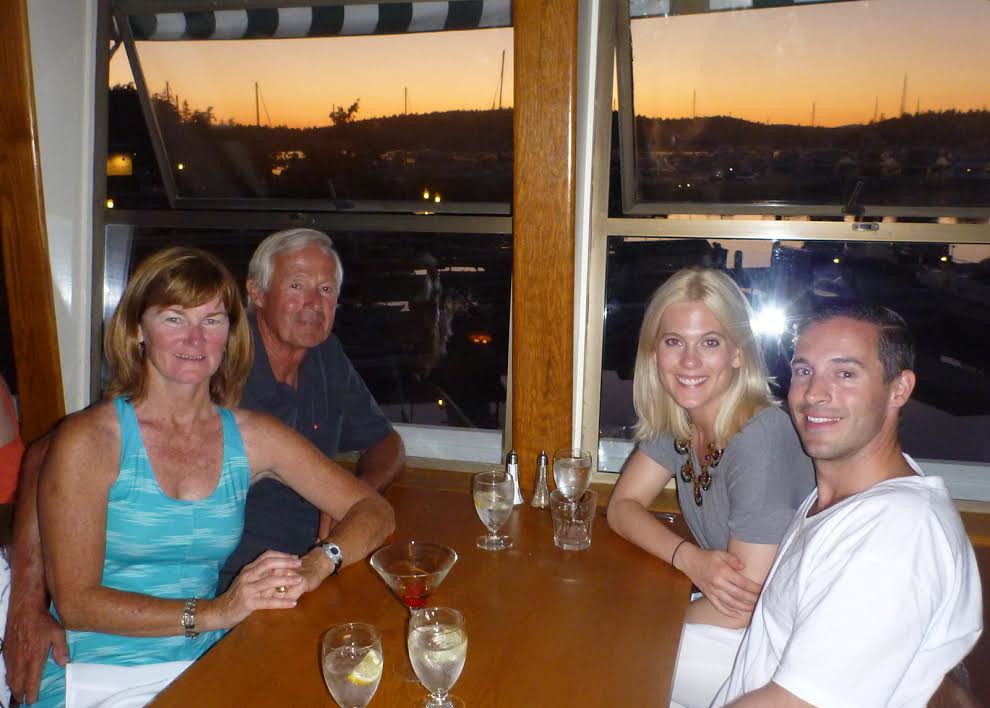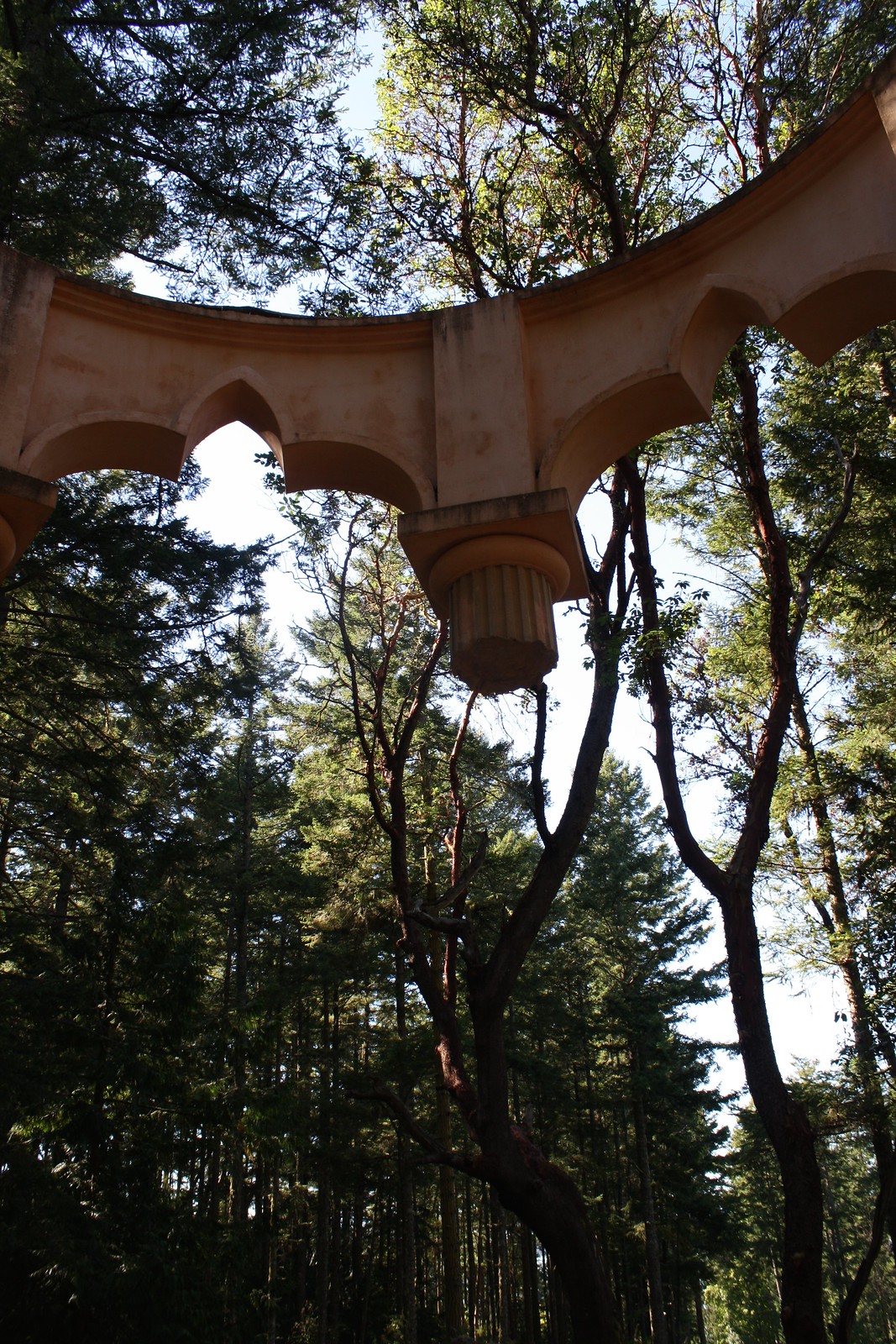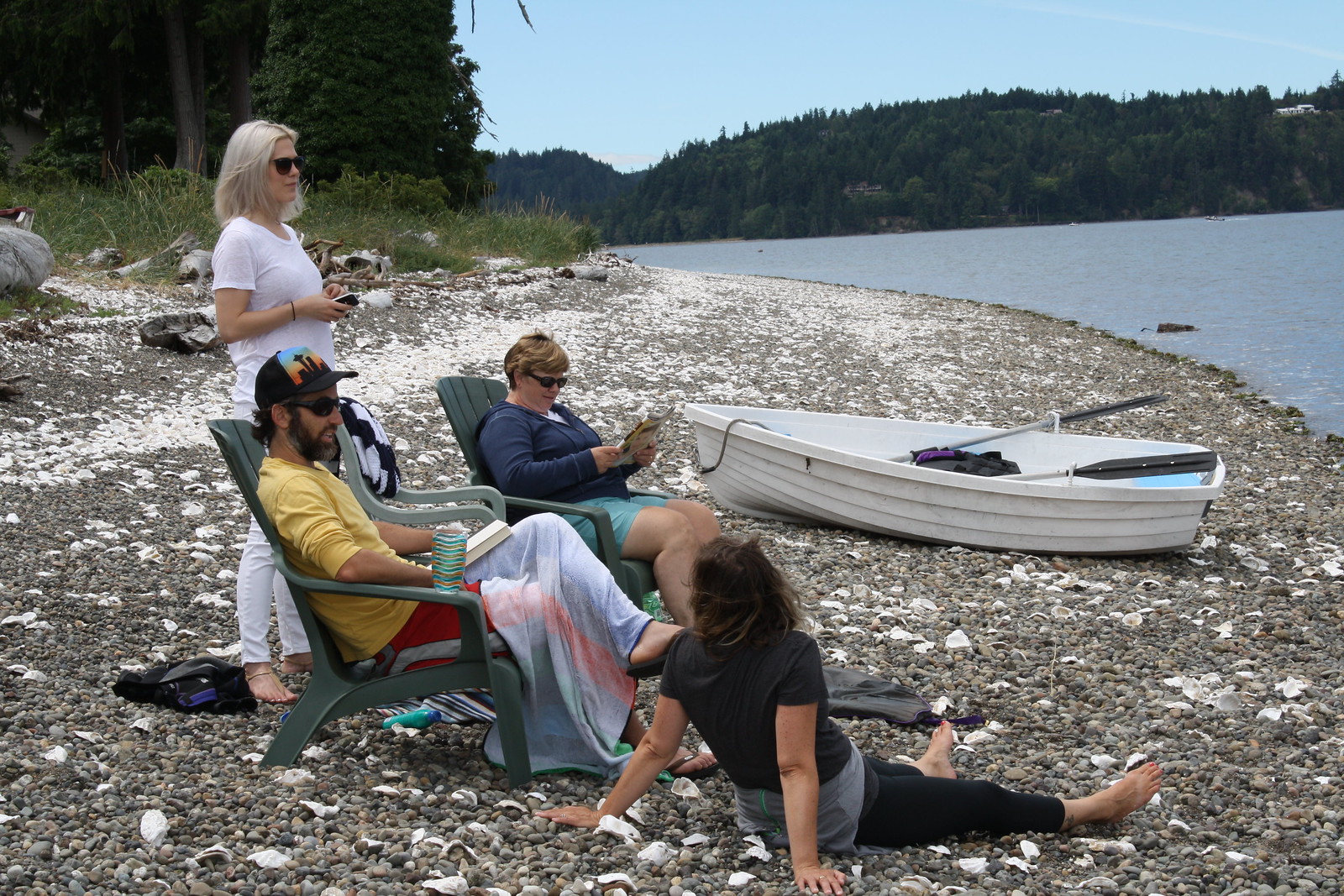Monday, December 15, 2014
Tuesday, December 9, 2014
Thursday, December 4, 2014
Tuesday, December 2, 2014
Wednesday, November 19, 2014
Friday, November 14, 2014
...to sell nylons
Don Draper: "What you call love was invented by guys like me to sell nylons. You're born alone and you die alone and this world just drops a bunch of rules on top of you to make you forget those facts, but I never forget. I'm living like there's no tomorrow, because there isn't."
Rachel Menken: "I don't think I realized it until this moment, but it must be hard being a man, too."
Don Draper: "Excuse me?"
Thursday, November 13, 2014
Wednesday, November 12, 2014
Tuesday, November 4, 2014
Sunday, November 2, 2014
Aesthetics and the Human Habitat
The attitude of contemporary architecture toward other civilizations is a humble one. We do not regard primitive civilizations from the point of view of an advanced technology. We realize that often shantytowns contain within themselves vestiges of the last balanced civilization - the last civilization in which man was in equipoise. We realize they can teach us forms that can be used to express specific social, territorial, and spiritual conditions. From this our social imagination may be able to form an aesthetic unity.
- "Aesthetics and the Human Habitat" (1953), excerpted in Sigfried Giedion, Architecture, You and Me, 1958
- "Aesthetics and the Human Habitat" (1953), excerpted in Sigfried Giedion, Architecture, You and Me, 1958
Friday, October 31, 2014
Wednesday, October 29, 2014
Tuesday, October 28, 2014
Wednesday, October 22, 2014
Sunday, October 19, 2014
Tuesday, October 14, 2014
Saturday, October 11, 2014
Architecture, You and Me
We certainly do not recommend a return to a primitive way of life. We love modern civilization. It is one of the few honest expressions of our being today. It is a part of us. But it is not the whole.
A long time ago man lost the key to the inner meaning of technology, of traffic, of the daily round of his life. His inner feelings became disassociated from these, because art - official art - lost all contact with the life that has grown out from this civilization.
No civilization can develop without those high notes that we call art.
Art? Feeling?
Means of expression are needed with no other apparent purpose than to serve as containers for our feelings. Everyone needs some outlet for his feelings. The outlet can be a frown, a sign, or a voluptuous gasp.
The frown is no help, since it does not banish the feelings. They remain. They accumulate. So each man longs for an environment that is the symbol or mirror of his inner desires. Everyone longs for a prolonged satisfaction of these inner desires - some more ardently, others more contentedly. There is no political platform and no community movement that has not some such symbol.
There are also pseudo-symbols. These always arise when the true situation, for reasons of convenience, is concealed behind a false facade.
The history of the nineteenth century is a history of pseudo-symbols.
The consequences are clear: for those matters that arise newly from the innermost depths of a period, that are thrust aside in the daily round of life, man finds no inner assurance, no guiding voice. As a result mechanization becomes rampant and life brutalized.
- Sigfried Giedion, Architecture, You and Me, 1958
A long time ago man lost the key to the inner meaning of technology, of traffic, of the daily round of his life. His inner feelings became disassociated from these, because art - official art - lost all contact with the life that has grown out from this civilization.
No civilization can develop without those high notes that we call art.
Art? Feeling?
Means of expression are needed with no other apparent purpose than to serve as containers for our feelings. Everyone needs some outlet for his feelings. The outlet can be a frown, a sign, or a voluptuous gasp.
The frown is no help, since it does not banish the feelings. They remain. They accumulate. So each man longs for an environment that is the symbol or mirror of his inner desires. Everyone longs for a prolonged satisfaction of these inner desires - some more ardently, others more contentedly. There is no political platform and no community movement that has not some such symbol.
There are also pseudo-symbols. These always arise when the true situation, for reasons of convenience, is concealed behind a false facade.
The history of the nineteenth century is a history of pseudo-symbols.
The consequences are clear: for those matters that arise newly from the innermost depths of a period, that are thrust aside in the daily round of life, man finds no inner assurance, no guiding voice. As a result mechanization becomes rampant and life brutalized.
- Sigfried Giedion, Architecture, You and Me, 1958
Tuesday, September 23, 2014
Monday, September 22, 2014
Sunday, September 14, 2014
Thursday, September 11, 2014
Sunday, September 7, 2014
Thursday, September 4, 2014
Thursday, August 28, 2014
Author's Index
Age: ......................35 and 0 days
Life Expectancy: ...83
Height: ..................5'11"
Weight: .................169
Sex: .......................M* (*occasional girlish giggle)
Wives: ...................1
Cats: ......................1
Sharks: ..................0 :-(
Condos: .................2
Annual Income: ....Hundreds of dollars
Licenses: ...............3 (none to ill or kill, sadly)
Countries visited: ..12
Feet: ......................2
Feet with fungus:...50%
Life Expectancy: ...83
Height: ..................5'11"
Weight: .................169
Sex: .......................M* (*occasional girlish giggle)
Wives: ...................1
Cats: ......................1
Sharks: ..................0 :-(
Condos: .................2
Annual Income: ....Hundreds of dollars
Licenses: ...............3 (none to ill or kill, sadly)
Countries visited: ..12
Feet: ......................2
Feet with fungus:...50%
Tuesday, August 26, 2014
Tuesday, August 12, 2014
Sunday, August 3, 2014
Wednesday, July 30, 2014
On the Road
"Her great dark eyes surveyed me with emptiness and a kind of chagrin that reached generations and generations in her blood from not having done what was crying to be done--whatever it was, and everybody knows what it was. 'What do you want out of life?' I wanted to wring it out of her. She didn't have the slightest idea what she wanted." - Jack Kerouac
Wednesday, July 23, 2014
Subscribe to:
Comments (Atom)

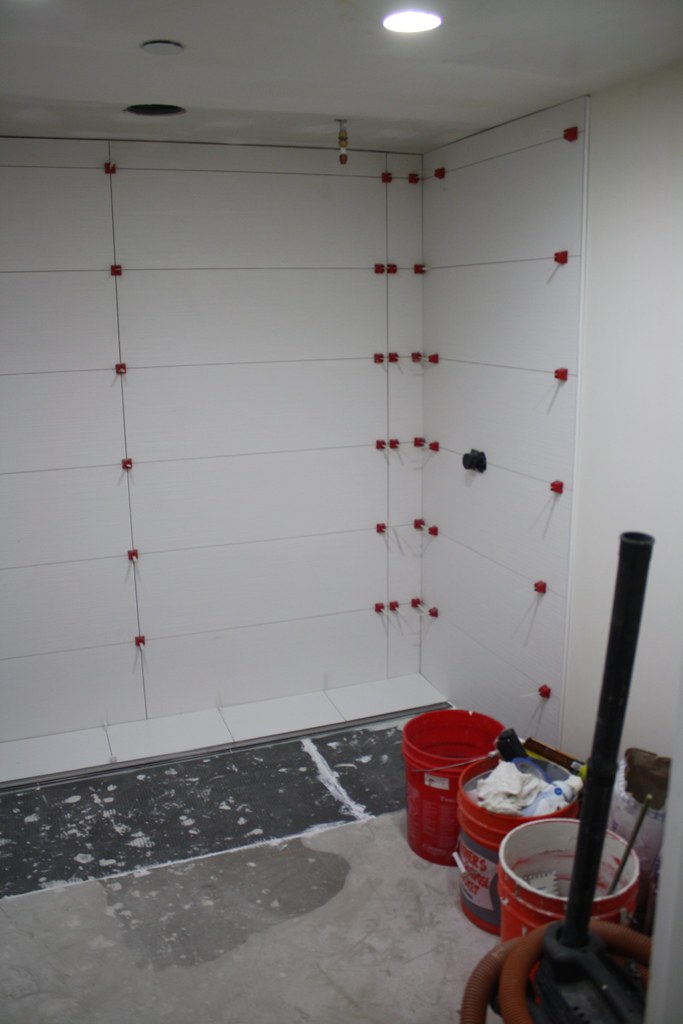
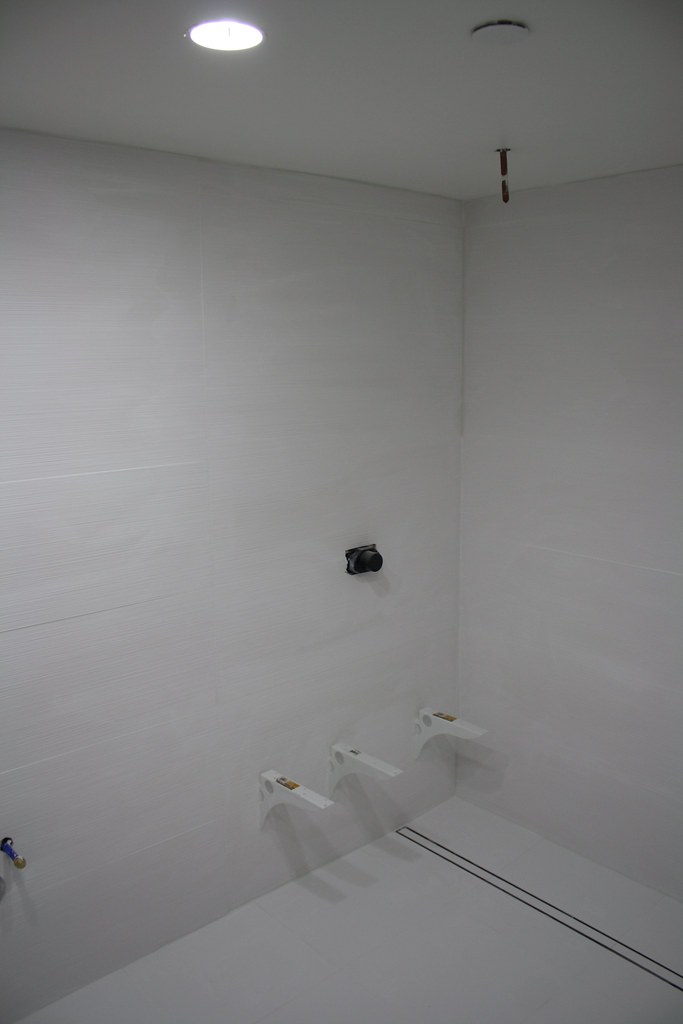
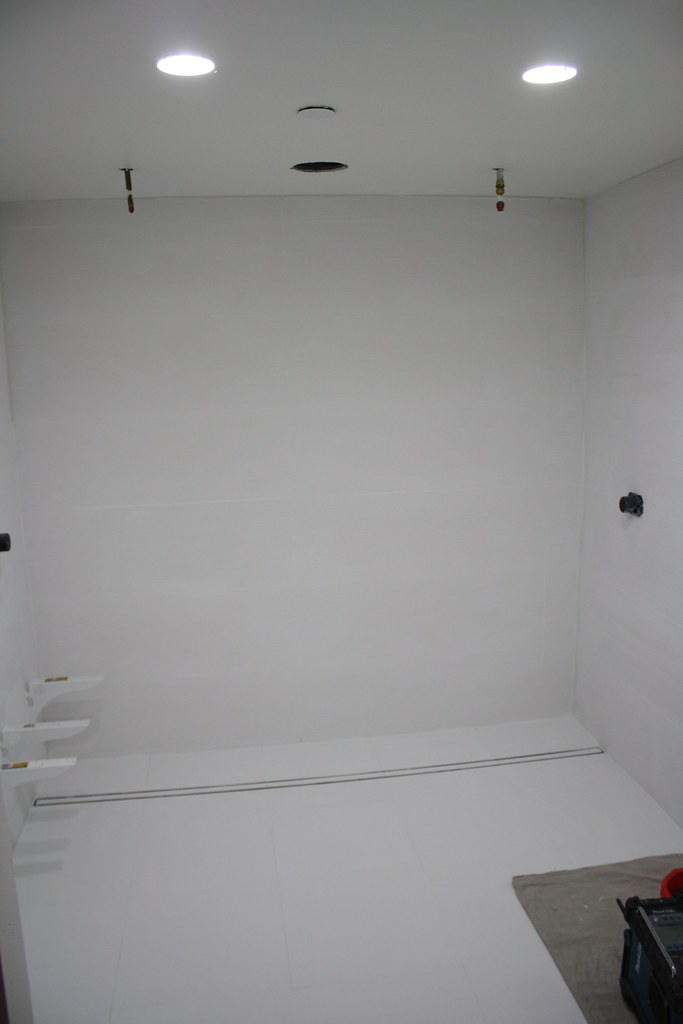

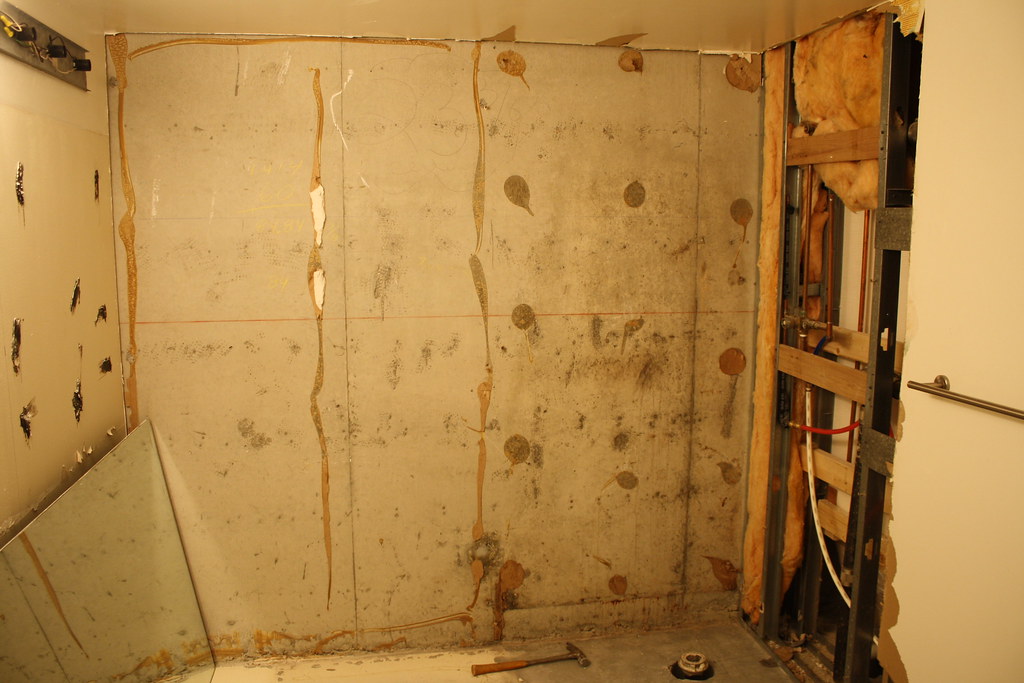
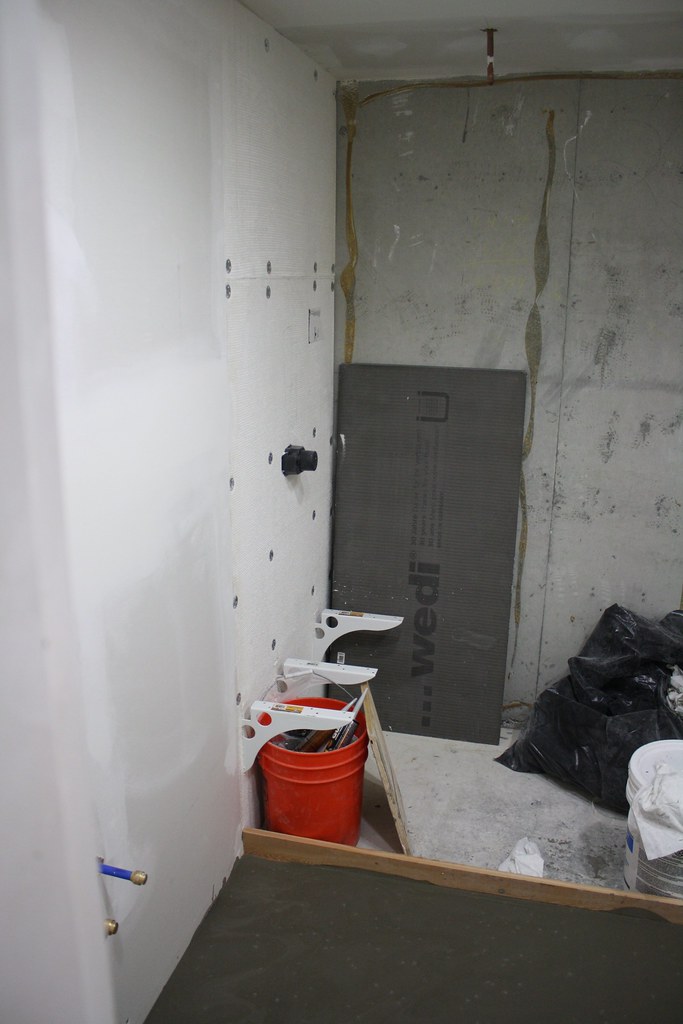
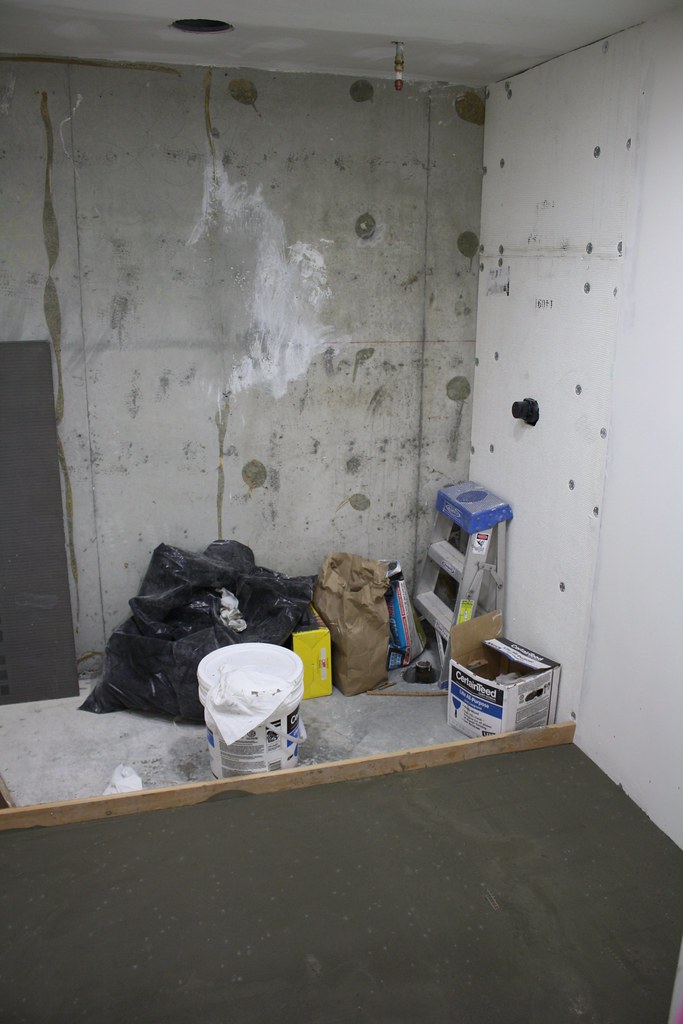

.JPG)

